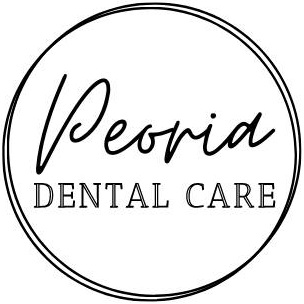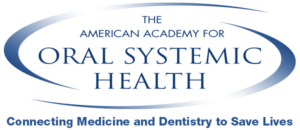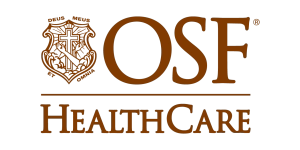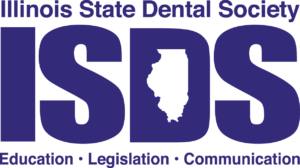
Improving Lives with Obstructive Sleep Apnea Treatment in Peoria
Obstructive Sleep Apnea (OSA) treatment and testing in the dental profession involve the assessment, diagnosis, and management of a sleep disorder characterized by repeated interruptions in breathing during sleep. These interruptions, known as apneas, occur when the muscles at the back of the throat relax excessively, leading to the narrowing or complete blockage of the airway. Dental professionals, particularly those specializing in dental sleep medicine, play a significant role in the evaluation and treatment of OSA.
Here’s an overview of OSA treatment and testing in the dental profession:
- Screening and Assessment: Dental professionals may be involved in the initial screening and assessment of patients at risk of OSA. Common risk factors include obesity, a thick neck circumference, and anatomical features such as a narrow airway or enlarged tonsils.
- Home Sleep Testing: Dentists trained in dental sleep medicine may provide patients with portable home sleep testing devices. These devices allow patients to monitor their sleep patterns and record data such as oxygen levels, heart rate, and breathing patterns while sleeping in the comfort of their own homes. The data collected can help diagnose OSA.
- Collaboration with Sleep Specialists: In cases where a patient is suspected of having OSA or has received a positive diagnosis, dental professionals often collaborate closely with sleep medicine specialists and sleep clinics. Sleep specialists conduct more comprehensive sleep studies, such as polysomnography, to confirm the diagnosis and assess the severity of OSA.
- Oral Appliance Therapy: Dental professionals who specialize in dental sleep medicine can provide a non-invasive treatment option for mild to moderate OSA or for patients who cannot tolerate continuous positive airway pressure (CPAP) therapy. They design and fit custom-made oral appliances, also known as mandibular advancement devices (MADs) or tongue-retaining devices (TRDs). These devices work by repositioning the jaw and tongue to keep the airway open during sleep.
- Lifestyle Counseling: Dental professionals may offer lifestyle counseling to OSA patients, encouraging them to make behavioral changes such as weight management, avoiding alcohol and sedatives before bedtime, and practicing good sleep hygiene.
- Follow-Up and Monitoring: Patients undergoing OSA treatment, particularly with oral appliances, require follow-up appointments to monitor the effectiveness of the treatment and make necessary adjustments to the appliance.
- Referral for Surgical Intervention: In cases of severe OSA or when conservative treatments are not effective, dental professionals may refer patients for surgical intervention, such as uvulopalatopharyngoplasty (UPPP) or maxillomandibular advancement (MMA) surgery. These surgical procedures aim to enlarge the airway and reduce the risk of airway collapse during sleep.
- Continuous Education: Dental professionals in the field of dental sleep medicine stay updated on the latest research and treatment options for OSA through continuing education and collaboration with sleep specialists.
OSA treatment and testing in the dental profession involve a multidisciplinary approach, with dentists playing a crucial role in diagnosing, managing, and providing treatment options for this sleep disorder. Effective treatment can significantly improve a patient’s quality of life by reducing daytime sleepiness, improving alertness, and lowering the risk of associated health problems.
Peoria Dental Care's Latest Posts
Blog feed
Peoria Dental Care Is Proudly Affiliated With…












